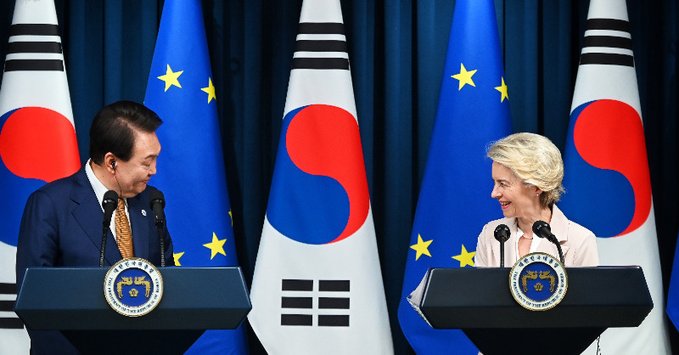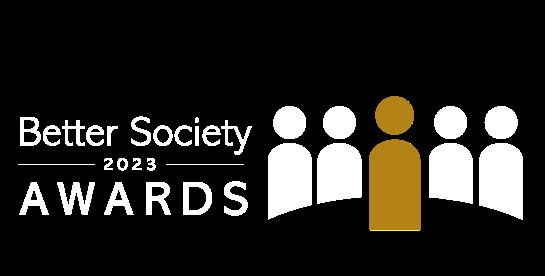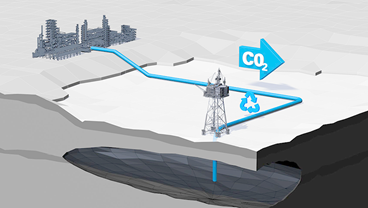At the G7 conference in Japan, EC President Ursula von der Leyen has stated that the rich nations should collaborate in sharing technology and sources of minerals to enable a faster transition to a net-zero world.
Rocked by the Russian invasion of Ukraine, the G7 have collectively moved at a high speed to replace fossil fuels, but even so the window to prevent waring above the Paris agreement is closing fast too.
Describing such a transition as a race against time, von der Leyen stressed that climate was not a zero-sum game and it should create additional manufacturing capacity.
With the G7 nations targeting net-zero by 2050, and the EU targeting the processing of 40 per cent of critical raw materials it uses by 2030, the WU, like other G7 nations is seeking energy and resource security in an increasingly unpredictable world.
For the EU this will mean the creation of more green alliances internally and externally. As a portion of this idea, the EU and Republic of Korea have launched a Green Partnership to deepen cooperation on climate action, clean energy and environmental protection.
The Green Partnership was launched in Seoul during the EU-Korea Summit attended by von der Leyen and Korean President, Yoon Suk Yeol.
President von der Leyen said: “The EU and the Republic of Korea share the ambition of a climate-neutral future. The launch of our Green Partnership will help us towards that goal. We will now work on the convergence in key areas, and deepen cooperation on strategic, clean energy projects. Because it is good for our supply chains, good for our competitiveness and good for the planet.”
In line with the priority areas of their Green Partnership, the EU and the Republic of Korea have also agreed to promote climate action on the international stage, notably as major donors of climate finance and as facilitators of a just transition in third countries.
Latest News
-
Marks & Spencer donates 100m meals to good causes over last decade
-
Jewellers body offers grants of up to £50,000 to boost training
-
Agency overhauls community charity’s brand for free
-
Open University launches global majority voluntary sector leadership programme
-
OVO and Co-op’s foundations help launch youth climate justice funding scheme
-
Bus firm to invest £25m in green transport research
© 2019 Perspective Publishing Privacy & Cookies









Recent Stories